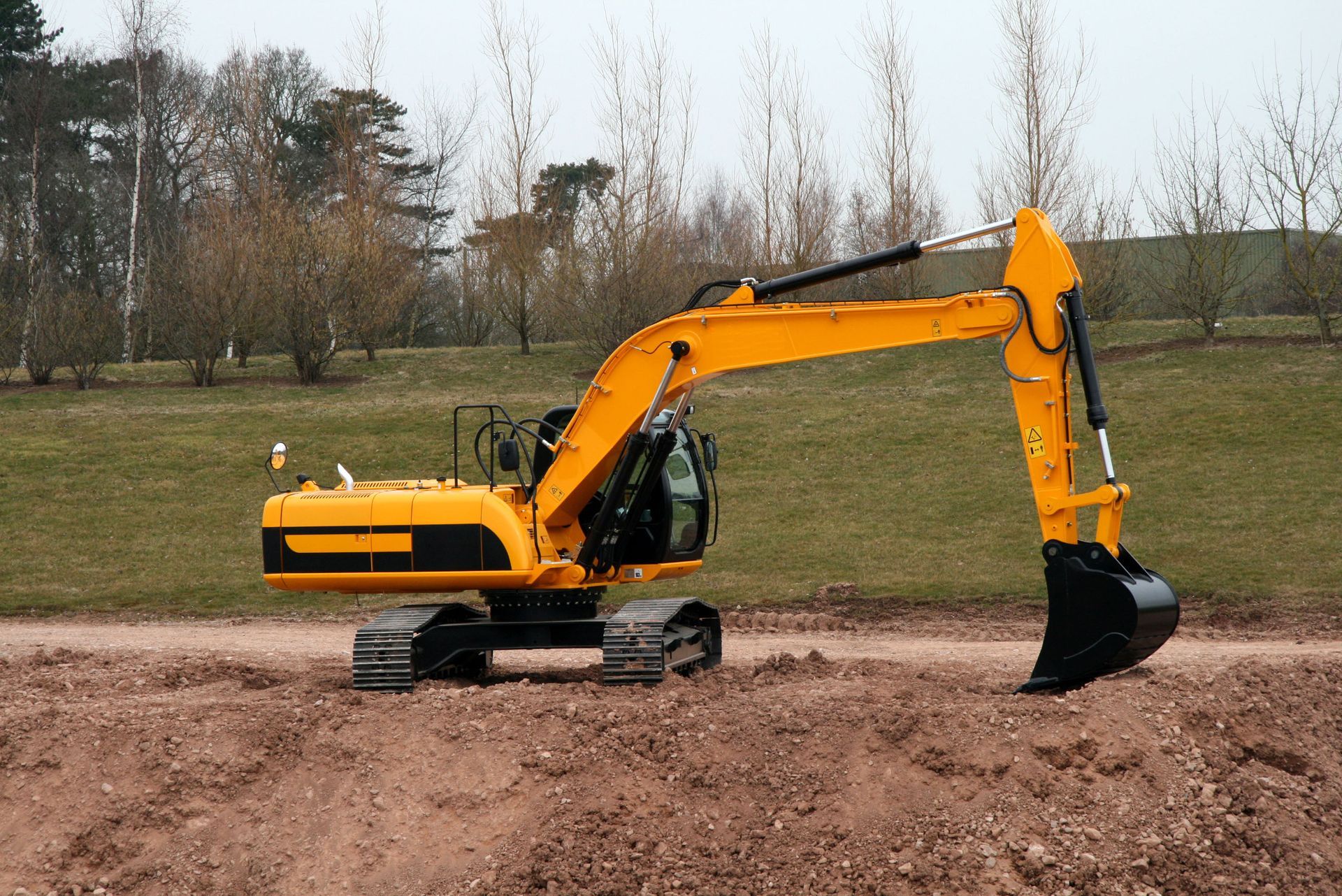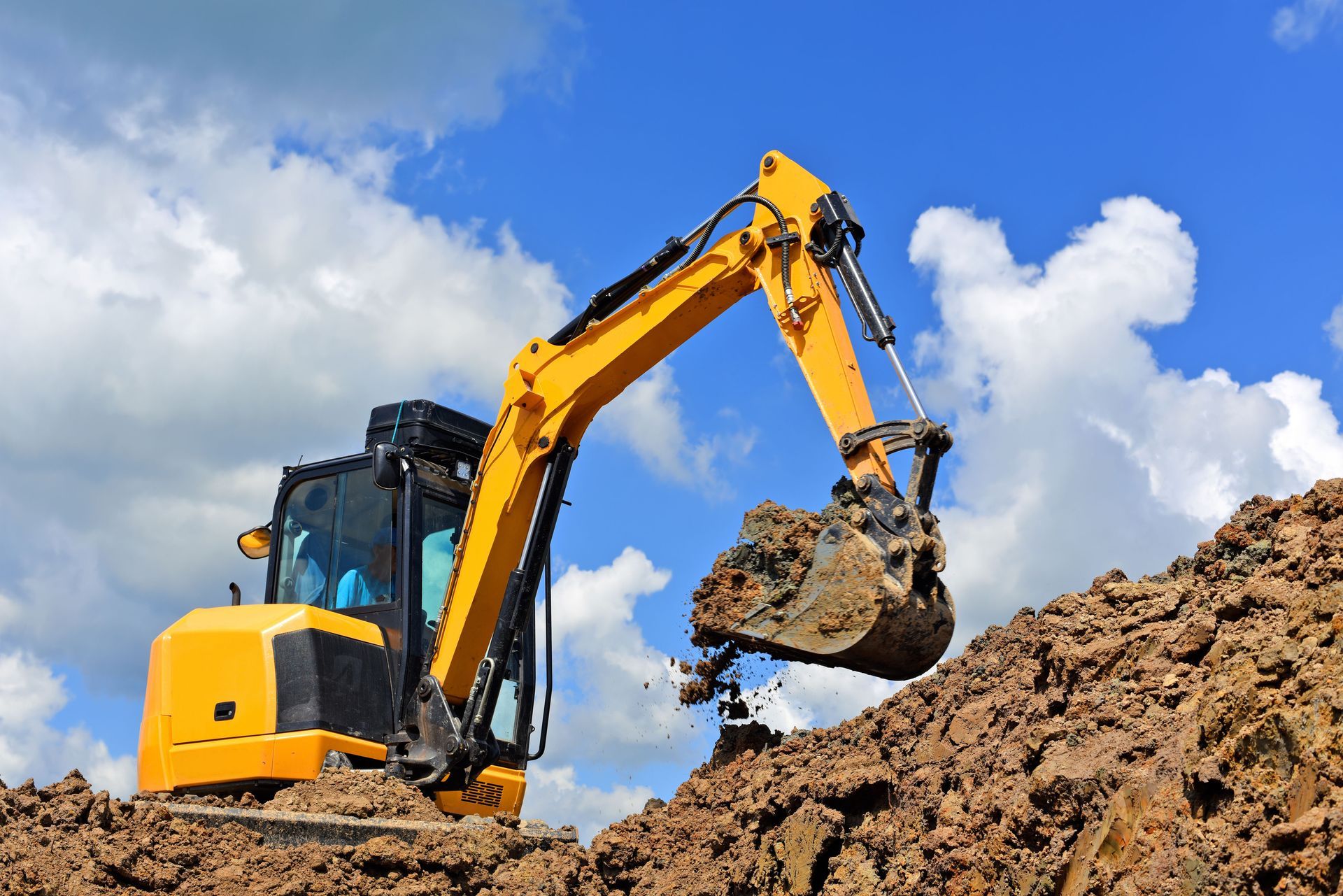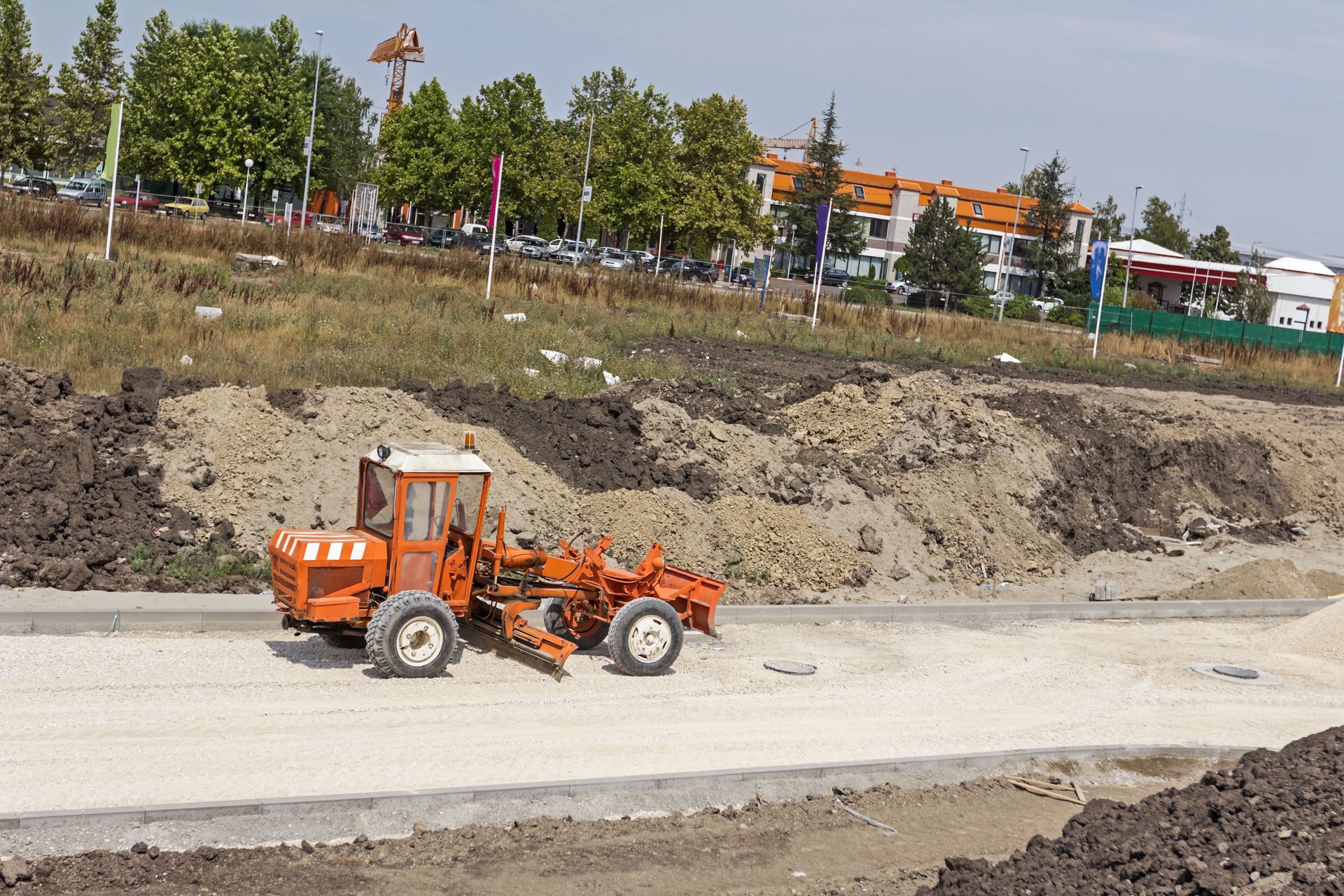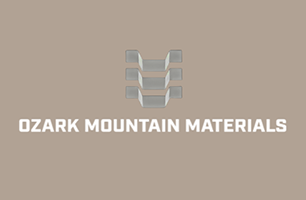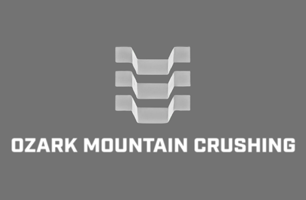October 2, 2025
Before embarking on any construction or landscaping project, having a reliable and knowledgeable excavation contractor is crucial. Understanding the right questions to ask can save you time, money, and headaches. The timeline of your project is fundamental to maintaining your schedule and budget. As the construction industry continues to grow at a rapid pace, projected to increase by 70% by 2040 according to Autodesk, the demand for timely project deliveries has never been more critical.
1. What Is the Projected Timeline?
Asking for an expected completion date helps you plan for subsequent phases and manage your expectations effectively. Discussing key milestones with your contractor provides essential checkpoints that allow you to assess progress and address any issues that arise promptly. Understanding these milestones helps you keep track of when specific tasks should be completed, ensuring smooth progression toward the project's end. Regular updates on these milestones enable you to make informed decisions if changes occur.
Potential delays can stem from various factors like inclement weather or resource availability. Addressing these potential sources of delay and understanding how your contractor plans to mitigate them will help you anticipate and reduce interruptions. Additionally, understanding your contractor's strategy for coordinating with other subcontractors ensures that all moving parts work together seamlessly.
2. What Experience and Qualifications Do You Have?
Experience in the industry plays a vital role in choosing the right excavation contractor. Start by discussing how many years they've been in operation and the diversity of projects they've tackled. A contractor with years of expertise provides reassurance that they have honed their skills and can handle your project’s challenges.
Contractors who have completed various types of projects bring a broader perspective and innovative solutions. This versatility is important in an ever-evolving construction field where bespoke solutions are often required. Verify their certifications and training to confirm they use up-to-date methods and adhere to industry standards.
Requesting client references offers insights into the contractor's reliability and professionalism. Speaking to previous clients about their experiences can uncover unknown strengths or weaknesses. Additionally, learning about the experience and qualifications of their team ensures you have a well-rounded crew on your project.
3. What Equipment and Technology Do You Use?
An excavation contractor's machinery is as essential as their workforce, influencing both performance and project outcomes. Understanding the types of machinery and technology they utilize helps you evaluate their efficiency and the quality of work expected. Advanced technology and tools typically translate into faster completion times and more precise work.
Inquiry about equipment maintenance practices is also necessary to reduce risks of equipment failure mid-project. Regular maintenance not only keeps machinery at peak performance but also extends its lifespan. Knowing they have backup equipment available demonstrates the contractor's readiness to handle unforeseen issues.
Today, successful projects often integrate technology into planning and execution phases. Excavators that use technological solutions, such as project management software and drone assessments, often streamline and enhance tasks. Adaptability to varying ground conditions is achieved when technology is used effectively in project planning and execution.
4. How Do You Prioritize Safety and Environmental Considerations?
Safety should always be a priority on a construction site. It's important to discuss the contractor's safety protocols to confirm they comply with laws and minimize risks. Detailed safety plans can help prevent workplace injuries and protect the contractor and workers from potential liabilities.
Environmental considerations are equally crucial as the construction industry grows. Contractors should perform thorough environmental impact assessments to reduce negative ecological effects. Proactive waste management strategies can minimize the environmental footprint and show the contractor's commitment to greener practices.
Handling hazardous materials is another aspect where contractor expertise is critical. It's vital to confirm the contractor has the necessary procedures in place to manage and dispose of these safely. Additionally, knowing provisions for worksite accidents helps you understand their capacity to handle emergencies. Discussing training and certifications related to hazardous material handling can also provide reassurance that the excavation contractor follows best practices.
5. How Do You Handle Budget and Cost Control?
Having a detailed cost estimate is foundational for managing your projec's finances. A transparent breakdown of costs related to labor, materials, and unforeseen expenses highlights areas where you can potentially reduce spending. In a growing industry, optimizing cost-efficiency becomes even more relevant.
Understanding the payment schedule clarifies the project's financial flow. A structured plan for payments ensures all parties remain motivated and aligned throughout the project's lifecycle. Moreover, discussing potential cost overruns and management highlights how adaptive the contractor is concerning budgeting pitfalls.
Price adjustments are often necessary when project scopes change. As such, understanding the contractor's approach to adjustments for scope changes can eliminate financial surprises. Furthermore, discussing opportunities for potential savings demonstrates the contractor's commitment to value and efficiency.
Clear communication about how adjustments are documented and approved is essential. A well-written change order process protects both you and the contractor, making sure every modification is agreed upon in writing. This avoids misunderstandings and gives you control over additional costs before they’re incurred. It also helps keep the project organized, especially when multiple scope changes arise.
It’s equally important to ask about flexibility in pricing models. Some excavation contractors may offer fixed-price contracts for straightforward projects, while others might recommend time-and-materials billing for jobs with more unknowns. Understanding the reasoning behind their approach allows you to align contract terms with your risk tolerance and project goals, ultimately leading to a smoother working relationship.
6. How Do You Ensure Legal and Regulatory Compliance?
Legal compliance with permits and approvals is mandatory for any construction activity. Confirming your excavation contractor is well-versed and proactive in acquiring the necessary permits can eliminate delays and legal issues. Proper documentation also protects you legally throughout the project’s execution.
Having appropriate insurance and liability coverage is crucial in safeguarding against unforeseen accidents or damages. Discussing and verifying their insurance policies provides peace of mind and shifts the cost of potential damages from owners to insurers. Adherence to local building codes ensures the project meets structural and safety standards.
Understanding contractual obligations and the dispute resolution process ensures you're prepared for unexpected circumstances. Clear agreements on responsibilities shield you from defects in completed work. Having a defined resolution process for disputes helps prevent escalating minor issues into legal battles.
Asking the right questions can make a significant difference in the success of your excavation project. By focusing on clarity in project details, experience, safety and environmental considerations, budget control, and legal compliance, you gain the confidence that your excavation contractor will deliver. Discussing these areas upfront also builds stronger collaboration and minimizes unexpected issues.
When property owners and contractors are aligned, projects move forward with greater efficiency. You’ll save time, money, and frustration by clarifying these critical details from the start. In turn, this careful approach helps bring your project vision to life effectively and on schedule.
Choosing the right excavation contractor comes down to preparation, communication, and asking critical questions before work begins. With the construction industry projected to increase significantly in the future, being proactive now can save you delays, safety risks, and financial surprises later. From project timelines and experience to safety practices, technology, budgeting, and compliance, every area matters in shaping the outcome of your project. For reliable guidance and dependable results, contact Flat Creek Excavating LLC today. Reach out to us to discuss your project needs and get started with confidence.
